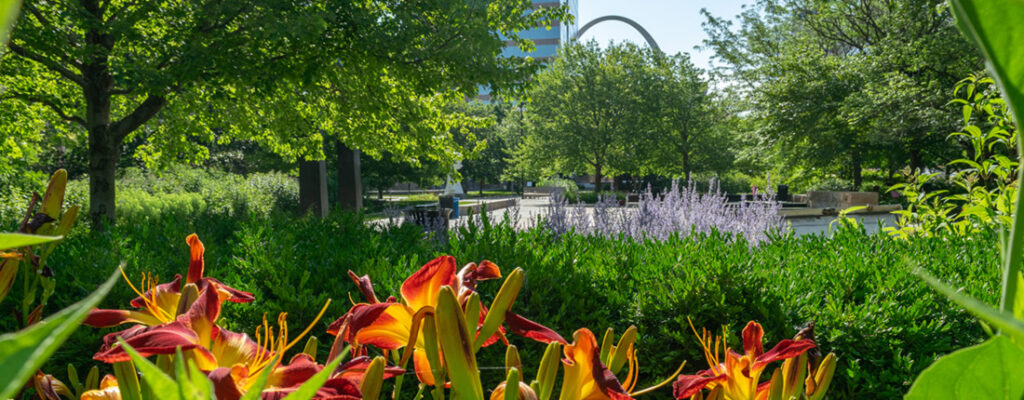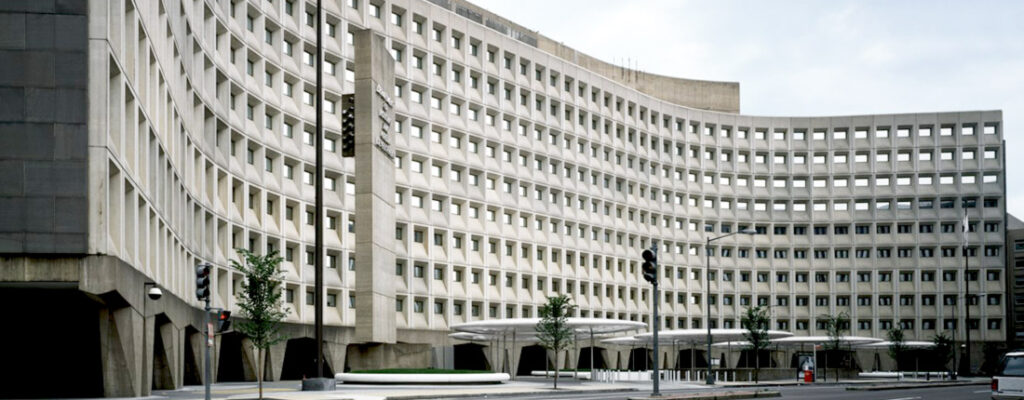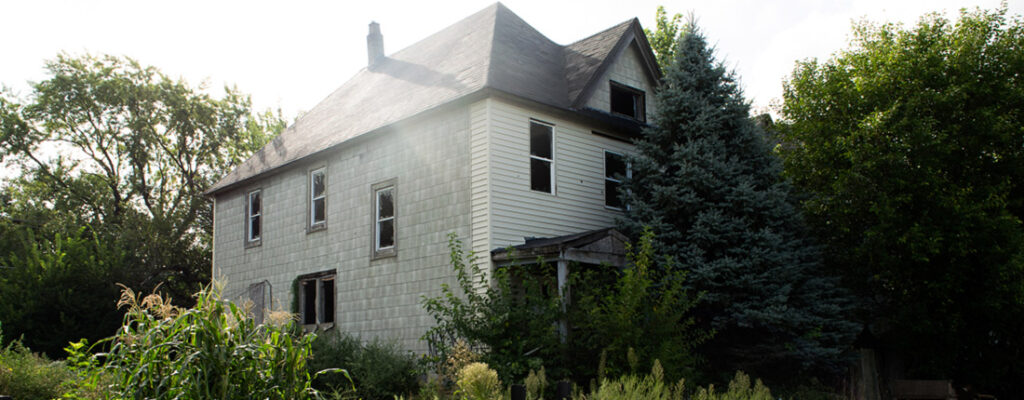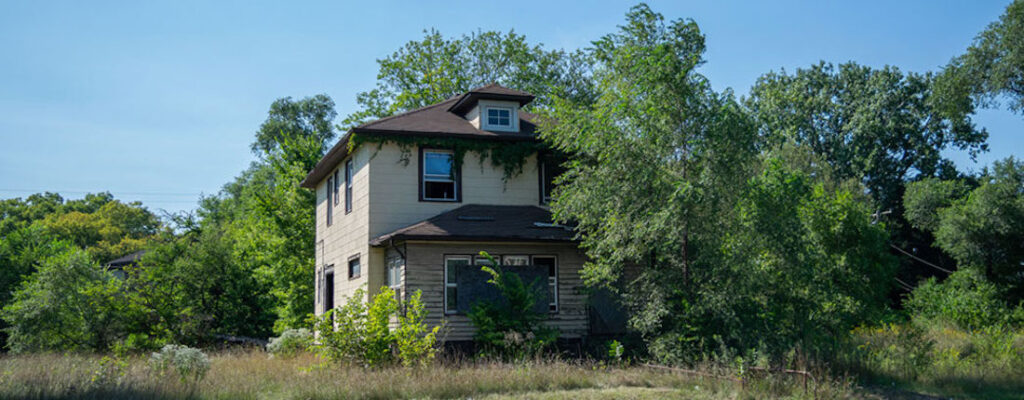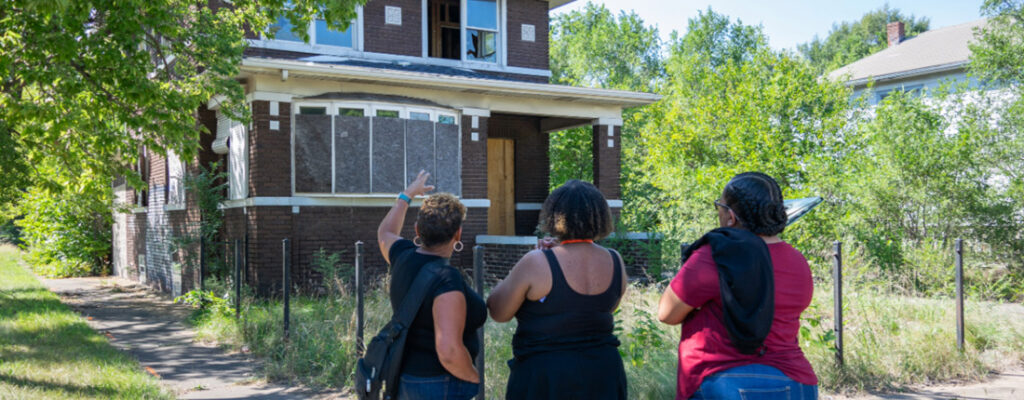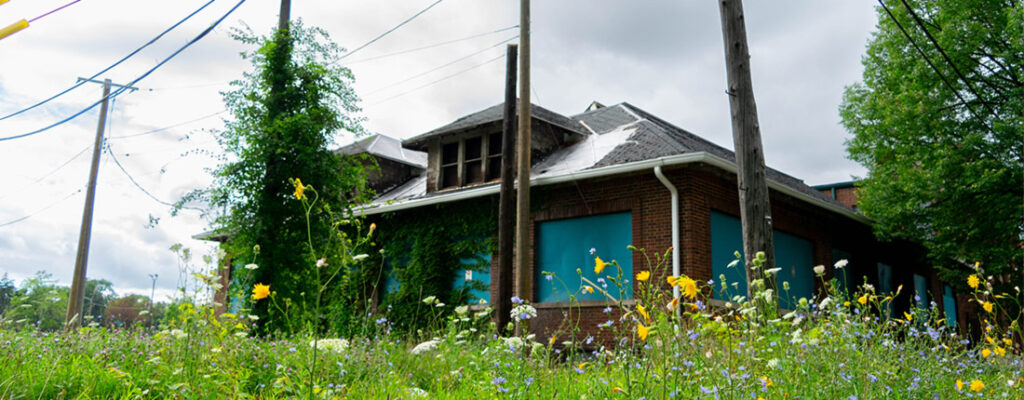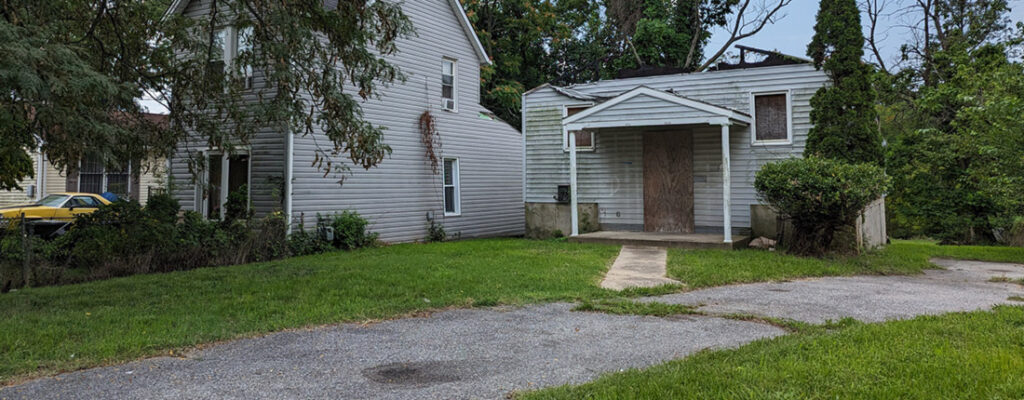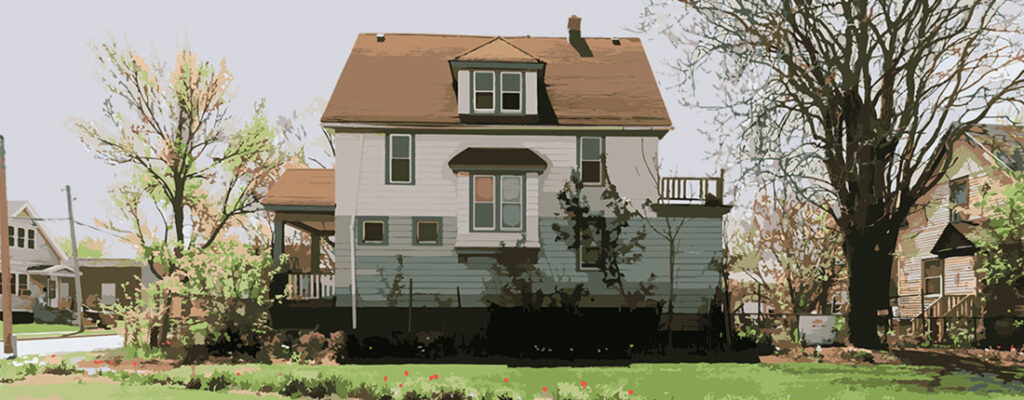Blog
Equitable Revitalization
Today, property owners – homeowners, landlords and businesses – feeling the active COVID-19 impacts are also bracing for a possible larger real estate market downturn and more unknowns. These influences, especially when combined with job loss or other challenges, leave many owners finding it difficult to invest in necessary maintenance…
Read More »“We don’t know what will happen – there are far too many unknowns at this point – but we can already anticipate many of the risks, and what to expect after the pandemic is behind us.“ – Alan Mallach As the United States is gripped by the most severe pandemic…
Read More »We are still many months away from fully understanding the public health and economic fallout from COVID-19. However, history can provide some foresight into how this crisis may impact community stability and what actions local governments could examine now to mitigate these impacts. Discriminatory and unjust policies have exposed individuals…
Read More »Over the last 30-days we’ve watched the COVID-19 health crisis forever change the fabric of this country. The lives of millions of Americans have been impacted and the need for equity will grow exponentially. As communities are grappling with the immediate health, social, and economic impacts of this unprecedented pandemic,…
Read More »The pandemic is highlighting the crucial necessity of community developers’ work. Here’s what the field will need to play its part in the recovery. One month ago, when I began the first draft of this article, the world was drastically different. Well before we became part of this new reality,…
Read More »Women’s History Month, which began in 1987, is a month-long celebration of women’s contributions to society, whether in the arts, sports, politics, or music. This month offers us the opportunity to reflect and remember those, often overlooked and underacknowledged, trailblazers who created new paths for past, present, and future generations…
Read More »New Orleans has undergone many transformations in the 10+ years since Katrina. Today, with over half of New Orleans’ residents living in rental housing, and rents rising sharply in many neighborhoods across the city, affordability is becoming an acute problem. These are the findings of a new independent assessment conducted by the Center…
Read More »Originally posted on the National Housing Institute’s Rooflines blog We know a few things about the majority of very low-income renters: They live in private market housing, not tax credit projects or public housing. They receive no housing subsidies. They are paying far more than they can afford for what…
Read More »Cross-posted from Next City, this article is one of a ten-part series inspired by the 2015 Reclaiming Vacant Properties Conference. Heading east along I-94 from Detroit’s resurgent Midtown area, two massive structures loom on the horizon. For passing drivers, they’re awe-inducing symbols of both the city’s former industrial might and the dismaying scale of…
Read More »By Craig Nickerson, National Community Stabilization Trust and Rebecca Regan, Housing Partnership Network In numerous communities today, REO inventories are declining and overall foreclosure rates are at five-year lows; however, the importance of continuing the work of stabilizing hard hit neighborhoods is far from over. Many neighborhoods, often low- to moderate-income…
Read More »
